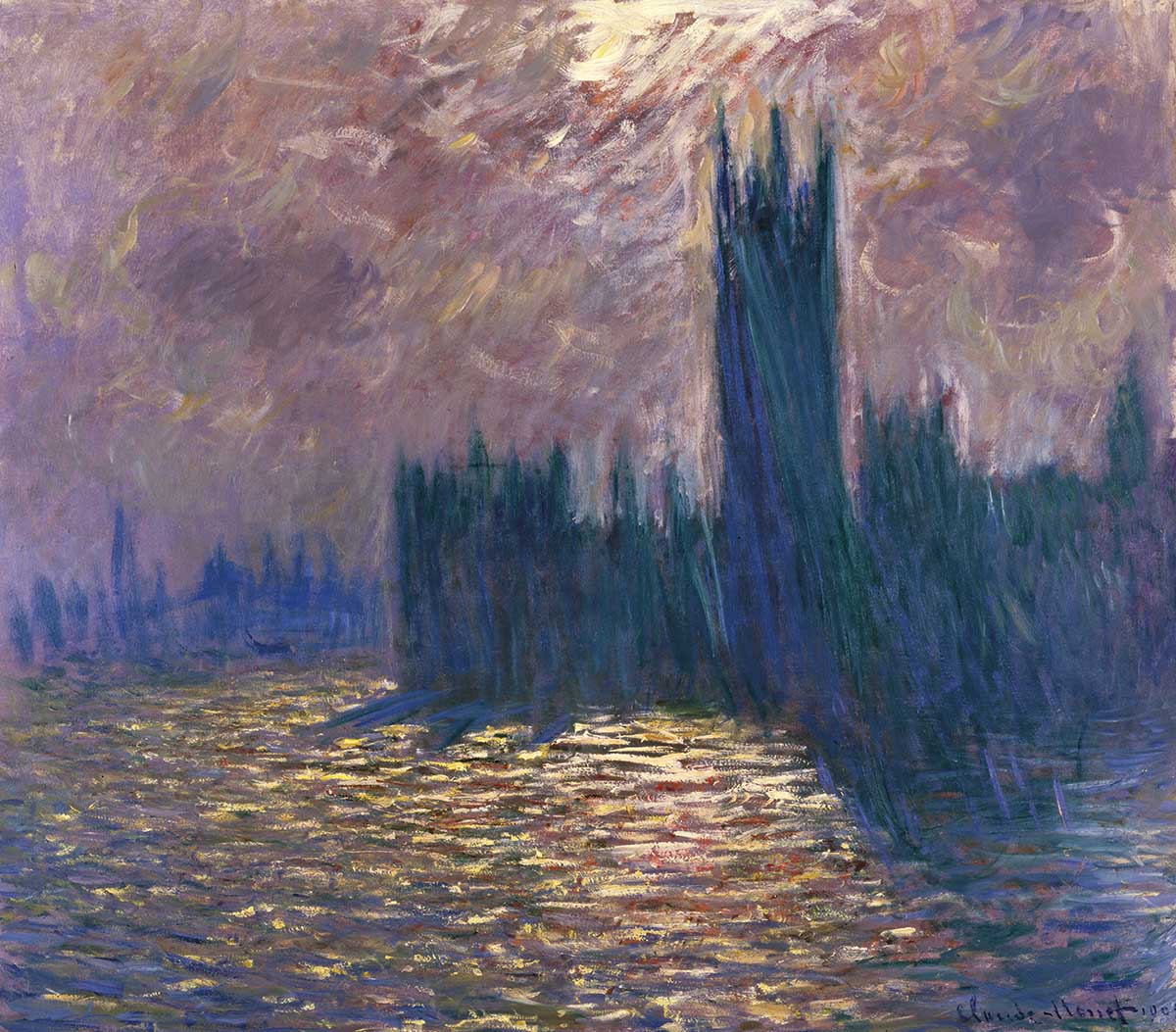The State of the Nation - 1 minute read

‘Societies, all societies, are constituted in a certain way, and this way is their constitution’, said the US public intellectual Philip Bobbitt in 2003. The connection between the life of a society and its constitution has only become more pronounced in the years since. Constitutions frame the political life of a nation and this in turn both reflects and makes possible its social life. The constitutional order under which a people live is an integral component of their self-image. In 1792 William Pitt the Younger told the House of Commons that ‘love of the constitution’ was a ‘natural instinct’ of Britons, for it ‘provides, beyond any other frame of government which has ever existed, for the real and useful ends which form at once the only true foundation and only rational object of all political societies’.
Events during the second decade of the 21st century – the 2014 referendum on Scottish independence, the nationalists’ rejection of the result as settling the matter, the 2016 referendum on Britain’s membership of the European Union and the subsequent struggle to implement or overturn the decision – electrified the UK’s politics. They underlined not merely how emotive, but literally existential, constitutional questions can prove.